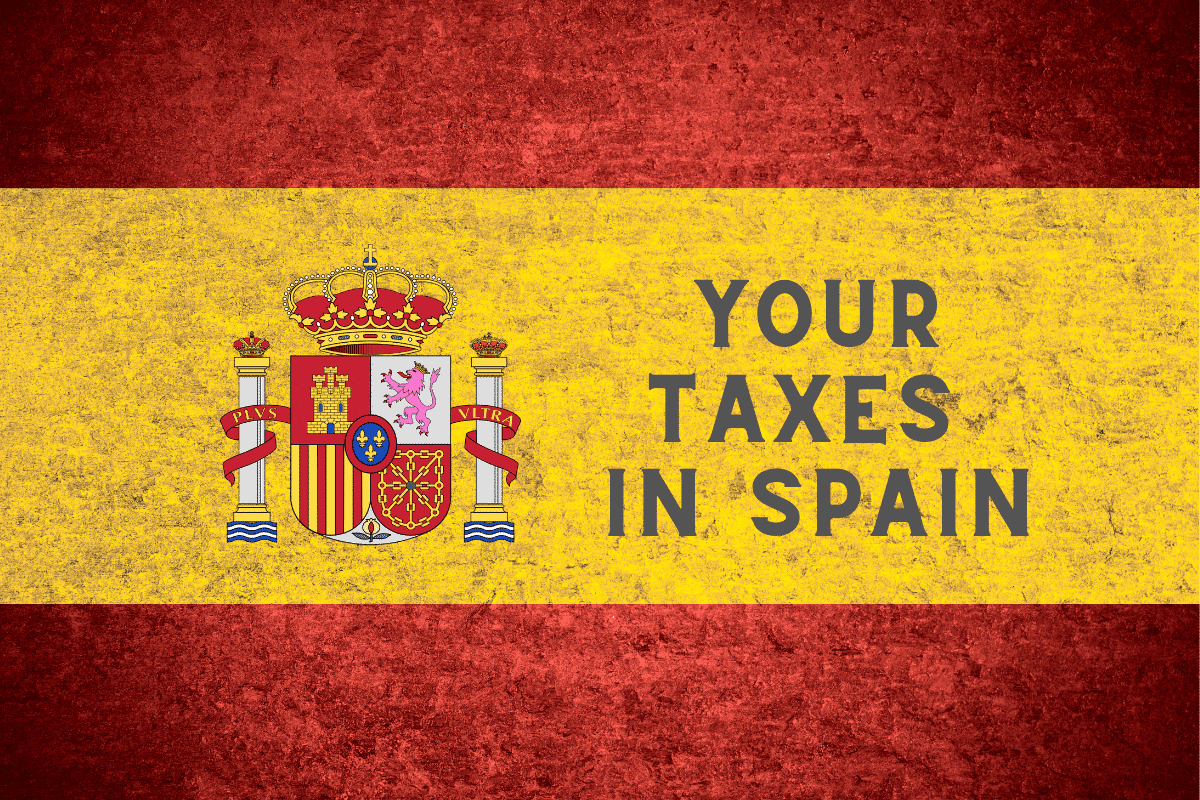After a gap of nearly two years due to Covid, The Spectrum IFA Group again co-sponsored an excellent Arts Society de La Frontera “Live” lecture on the 19th January at the newly renovated San Roque Golf & Country Club on the Costa del Sol. We were represented by one of our local and long-serving advisers, Charles Hutchinson, who attended along with our co-sponsors Smart Currency Exchange represented by Dean Biddulph. Also present was the society’s European Chairman Jo Ward.
The Arts Society is a leading global arts charity which opens up the world of the arts through a network of local societies and national events throughout the world.
With inspiring monthly lectures given by some of the UK’s top experts, together with days of special interest, educational visits and cultural holidays, the Arts Society is a great way to learn, have fun and make new and lasting friendships.
At this event, over 50 attendees were entertained by a talk on the 1920’s Dustbowl of California, Oklahoma and Texas by John Francis, who is one of the UK’s top experts on this subject. He gave an excellent lecture, revealing to us how this terrible time in US history spawned a number of well known artists and singers, as part of the aid package produced by President Franklin Roosevelt to stimulate recovery.
The talk was followed by a drinks reception which included a free raffle for prizes including CH supplied lovely Art Deco flower vase, a book on the subject and Brandy. Smart Currency Exchange also supplied champagne and a crystal decanter and glasses.
All in all, considering many people are still nervous about large events, it was a good turnout and a successful event at a wonderful venue. The Spectrum IFA Group was very proud to be involved with such a fantastic organization during its current global expansion and we hope to have the opportunity again at the March lecture.



















